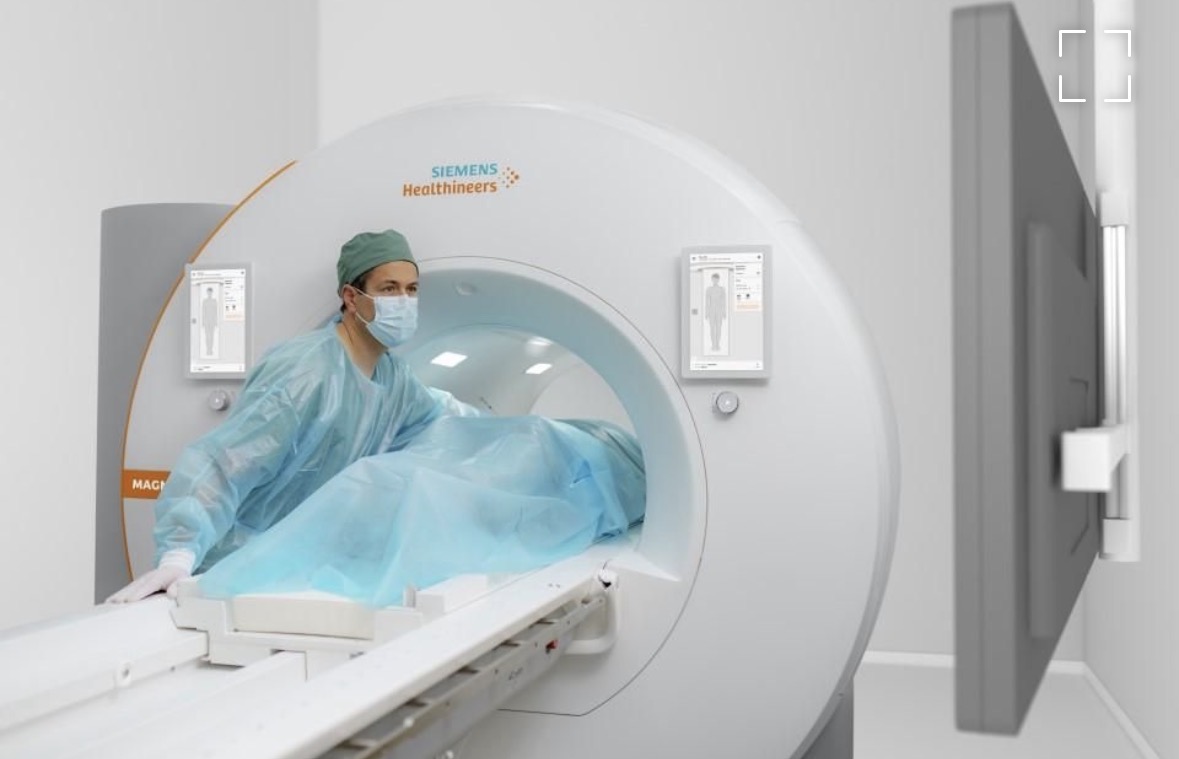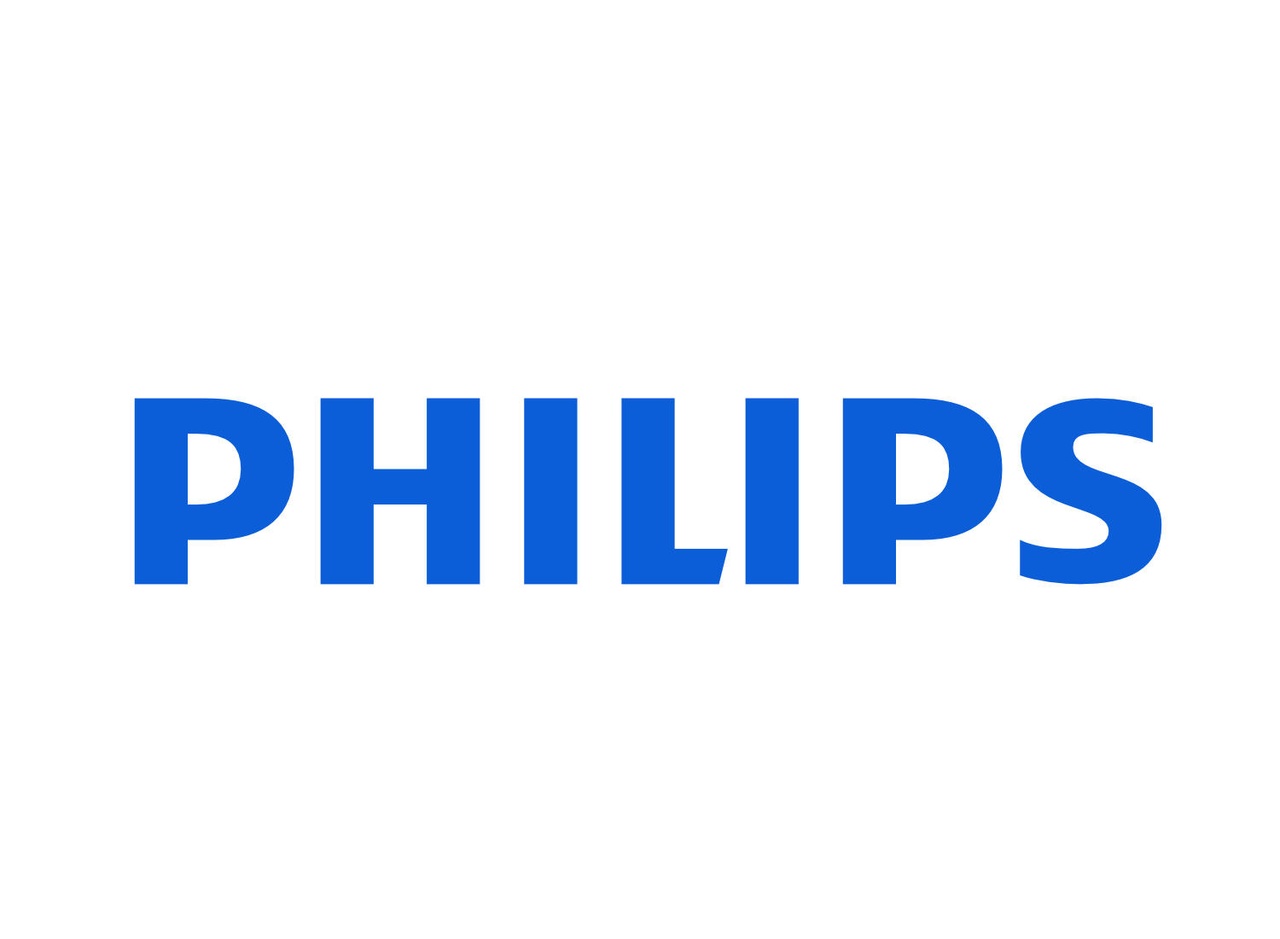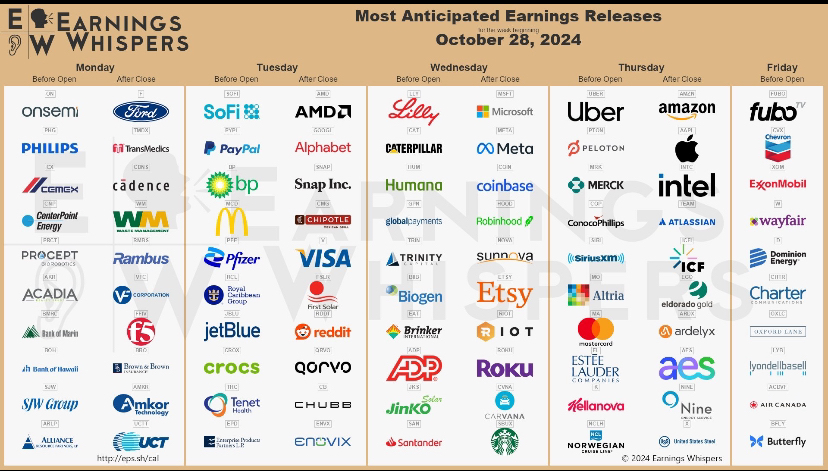At hospital equipment supplier Siemens Healthineers $SHL (+0,52 %) increased its revenue on a comparable basis by 5.9 percent to just under 23.4 billion euros in the past fiscal year 2024/25 (September 30).
Imaging once again developed particularly strongly. The division increased its sales by 8.5 percent to 13.2 billion euros, once again gaining market share. Varian grew by 6.9 percent to 4.1 billion euros. Sales in the diagnostics division only stagnated, but the division was able to further improve its operating result.
The adjusted operating result for the Group as a whole improved by ten percent to almost 3.9 billion euros in the 2024/25 financial year. This was in line with analysts' expectations. In terms of turnover, they had expected an average of 23.5 billion euros.
US tariffs weigh on Healthineers
However, the burdens from US tariffs and currency effects are increasing. The challenges are likely to become even greater in the new financial year. The bottom line profit could therefore fall. The stock market reacted to the cautious forecast with a temporary fall in the share price of more than ten percent to just over 45 euros.
In the final quarter of 2024/25, i.e. from July to September, Healthineers' revenue growth on a comparable basis was slightly weaker at 3.7 percent to 6.3 billion euros. The adjusted operating result fell slightly to 1.1 billion euros.
By way of comparison, the major European competitor Philips $PHIA (+1,22 %) increased sales from July to September by three percent to 4.3 billion euros. The adjusted operating result improved from 516 to 531 million euros.
Both manufacturers are struggling with challenges that are likely to intensify in the coming months. US tariffs, for example, cost Healthineers 200 million euros in the past financial year. As they are now taking effect for the full year, this could amount to around 400 million euros in 2025/26. Currency developments are also having a negative impact on business.
But despite all this bad news, there could be a brilliant buying opportunity for the shares of the DAX company, at least according to analysts. In fact, the majority of market observers are optimistic, recommend buying on average and see share price potential of around 30 percent.
Siemens Healthineers $SHL (+0,52 %) intends to present its next strategy phase "Elevating Health Globally" to investors in a few weeks. The "New Ambition" program, which was announced in 2021, has been completed. During this time, Healthineers has, among other things, further expanded its strong position in imaging and established more long-term partnerships with hospital chains. Insiders do not expect a radical change of strategy in the core businesses, but rather a further development of the strategy.
In addition, the management of Siemens $SIE (+3,24 %) management will announce in the coming week whether the company will remain involved in medical technology in the long term or whether it will relinquish its majority shareholding. Siemens currently still holds around 70 percent of the shares in Healthineers.
The dividend is to rise from EUR 0.95 to EUR 1.00.
Source text (excerpt) & graphic: Handelsblatt, 05.11.2025
















